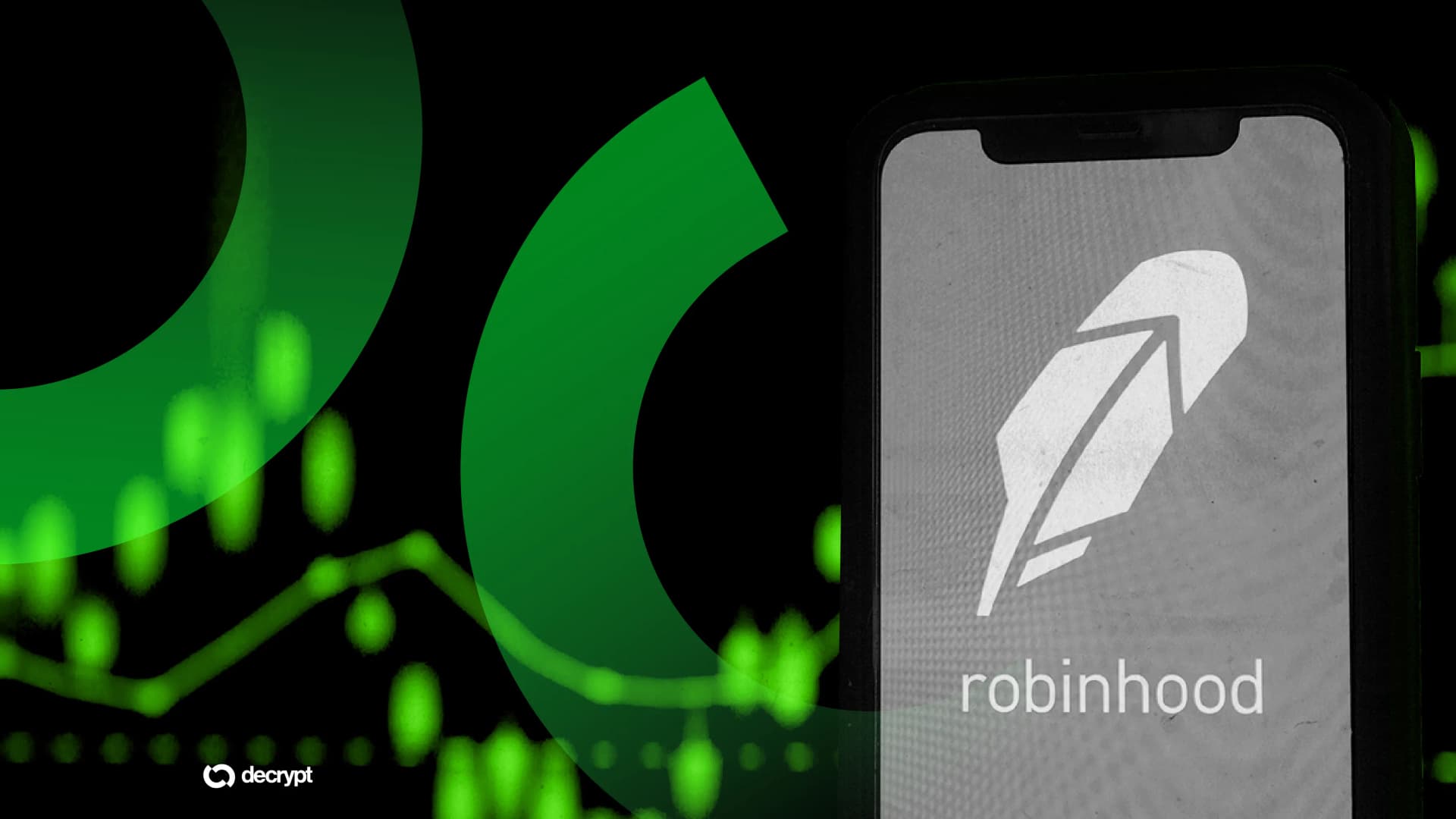Will Robinhood Start a Bitcoin Treasury? Firm Says It's Weighing 'Pros and Cons'

News Summary
Robinhood's Senior Vice President of Finance and Strategy, Shiv Verma, stated that the company is "constantly" debating whether to allocate its spare cash to purchase Bitcoin for its balance sheet. Verma acknowledged the "pros and cons" of such a move, noting it would align the company with the crypto community but also tie up capital. Verma questioned whether the company should make this investment decision for its shareholders, given that they can already directly purchase Bitcoin on the Robinhood platform. Despite Robinhood beating analysts' quarterly revenue estimates and seeing its crypto trading revenues jump 339% year-over-year, its share price fell nearly 11% following the news, although it remains up over 240% year-to-date. Over 200 publicly traded companies have adopted a Bitcoin treasury strategy, with firms like MicroStrategy and Metaplanet being significant holders. However, experts warn of the inherent risks associated with companies buying crypto, and many firms that adopted this strategy have seen their share prices decline as digital asset prices have slumped. Robinhood also highlighted the growth of its prediction markets business, which generated $100 million for the quarter. Verma is set to take over as CFO from the retiring Jason Warnick.
Background
Robinhood is a U.S.-based financial services company known for its commission-free stock, ETF, and cryptocurrency trading platform. Popular among younger investors, the company went public on Nasdaq in 2021 under the ticker HOOD. In recent years, Robinhood has actively expanded its financial service offerings, including venturing into cryptocurrency markets and providing prediction market businesses. The strategy of holding Bitcoin on a corporate balance sheet, known as a "Bitcoin treasury," was pioneered by companies like MicroStrategy to offer investors exposure to Bitcoin through their company shares. However, this strategy comes with significant risks due to the inherent volatility of the cryptocurrency market.
In-Depth AI Insights
What are the true strategic considerations behind Robinhood weighing a Bitcoin treasury? - On the surface, Robinhood's discussion of integrating Bitcoin into its balance sheet aims to deepen ties with the crypto community and potentially attract more users. However, a deeper motivation might involve seeking a new store of value and a hedge against inflation, especially given the potential for sustained high fiscal spending under the Trump administration in 2025 and uncertain inflation expectations. - Furthermore, this move could be viewed as a marketing strategy designed to cement its position as a crypto trading leader and enhance its innovative image among institutional investors by emulating pioneers like MicroStrategy. What potential long-term implications and risks could Robinhood face if it adopts a Bitcoin treasury strategy? - Capital Allocation Efficiency vs. Investor Expectations: The company's capital could otherwise be deployed for core business growth, R&D, or share buybacks. Investing in Bitcoin might be perceived by some shareholders as a deviation from its core mission. Verma's concern about "making that decision for them" highlights internal divisions, potentially leading to short-term stock volatility and damaged investor confidence. - Regulatory Uncertainty: While the Trump administration's stance on cryptocurrencies might be relatively open, the global regulatory framework for crypto is still evolving. Robinhood holding substantial Bitcoin could expose it to unforeseen regulatory scrutiny or policy shifts, increasing operational costs and compliance complexity. - Balance Sheet Volatility: The extreme price fluctuations of Bitcoin would directly impact Robinhood's balance sheet and profitability, increasing its financial risk. The article notes that many companies holding crypto have seen their share prices fall as crypto asset prices decline, a direct manifestation of this risk. What do the growth of Robinhood's prediction markets business imply for the company's future development? - The significant growth in prediction markets (generating $100 million this quarter) indicates Robinhood is successfully diversifying beyond traditional stock and crypto trading into higher-margin, more innovative areas. This may suggest a future emphasis on differentiated fintech products to counter intense competition in conventional brokerage services. - Prediction markets, to some extent, share a similar user base with cryptocurrency trading—investors seeking high-risk, high-reward opportunities. Therefore, developing prediction markets can consolidate and expand its existing user base while providing a more stable revenue stream, reducing reliance on single transaction commissions. This might also be one of the reasons for its consideration of capital allocation efficiency when weighing a Bitcoin treasury.